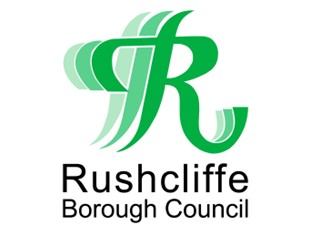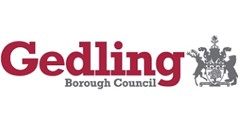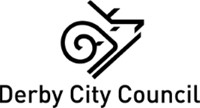Greater investment in research and development across the economy, strengthening the skills base to better engage with the digital revolution, and improving ambitious firms’ access to growth finance is key to enhancing science and innovation in the D2N2 area.
We are home to globally significant aerospace, automotive, and rail manufacturer’s around Derby including Rolls-Royce, Toyota and Bombardier We have the third-largest life sciences cluster in the UK and our Digital tech cluster focused around Nottingham’s ‘Creative Quarter’ has seen 36% growth between 2012 and 2018.
This strong science and innovation ecosystem is underpinned by D2N2’s three world-leading universities (Nottingham, Nottingham Trent and Derby), six science parks and fifteen innovation centres/ incubators. Research strengths supporting our green recovery include Bio and Environmental Sciences, Renewable Energy and Sustainability.
As we drive activities to support our D2N2 Recovery and Growth Strategy – our key strategic document up to 2030 – we want an economy led by science, technology and innovation that creates opportunities for all.
Investment and collaboration
We have an excellent track record in collaborating with our universities. We have invested over £40 million in projects to boost innovation in our key sectors including the Advanced Manufacturing Building at the University of Nottingham, the Medical Technologies Innovation Facility at Nottingham Trent University and the University of Derby’s Rail Research Innovation Centre.
Life sciences and healthcare
BioCity is an ambitious business incubator supporting the growth of ambitious life-science businesses. Other companies include major employer Boots, the MediCity life sciences cluster, and Concept Life Sciences in Chapel-en-le-Frith and N4 Pharma in Chellaston, Derbyshire. Our regions strengths include biotech and pharma, alongside med-tech and wellbeing. Life Sciences and Healthcare is also a key focus for our universities. For example, precision Imaging is one of the University of Nottingham’s research beacons, and two of Nottingham Trent University’s five research themes are connected to this area.
Energy and low carbon
As part of our strategy to pursue a more sustainable economy, we have published the D2N2 Energy Strategy looking at how opportunities in this sector could be unlocked and suite of linked targets and actions that align with the national Clean Growth objectives, local aspirations, and stakeholder feedback. Current D2N2 backed-initiatives include the D2N2 Growth Hub’s help for SMEs to take a more low carbon approach and assistance to low carbon businesses.
Future food processing
The competitive food market is constantly hungry for new products, and innovation is seen as key. Food research is strong among D2N2’s university partners, and the D2N2 LEP has also invested in innovation. For example, with the local industry body, the Food and Drink Forum, we have invested £1.9 million into the Food Enterprise Advisory Support Team (FEAST) programme to help businesses innovate and bring new products to market. More recently, we have invested £12 into Smartparc to support the creation of a world-leading sustainable food-manufacturing facility that will deliver pioneering innovation, create thousands of jobs and transform the local economy.





























